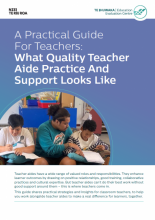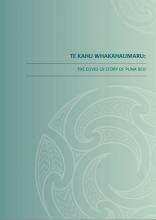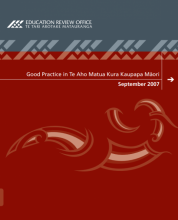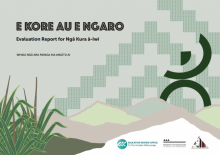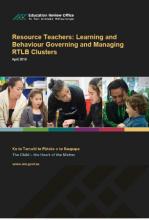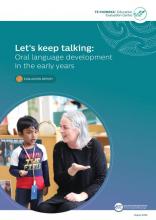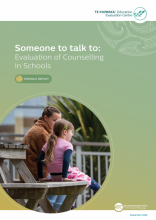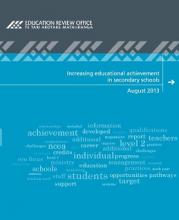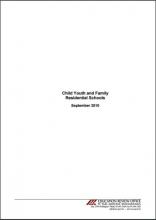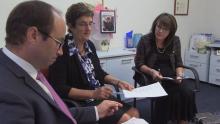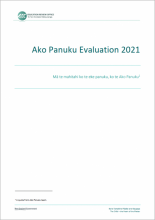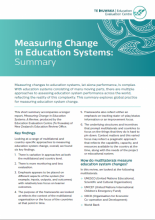Learning in a Covid-19 World: How school leadership rose to the challenge
Principals and school leaders have taken on a lot of responsibility during the Covid-19 pandemic. The Education Review Office interviewed principals and board chairs and surveyed 1777 principals across the country from May through to September 2020 to understand how they have responded. This summary highlights how those school leaders rose to the challenge.

